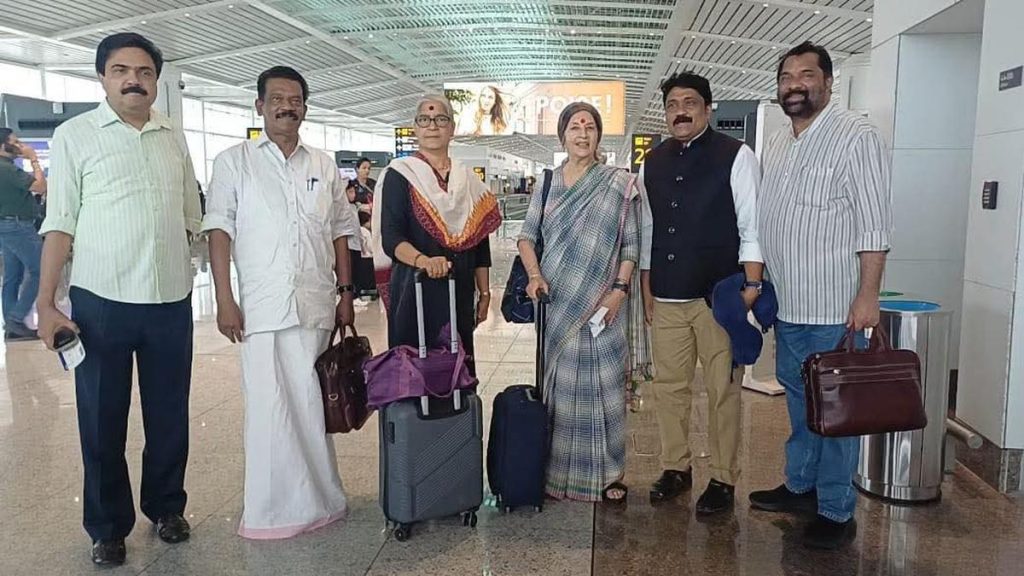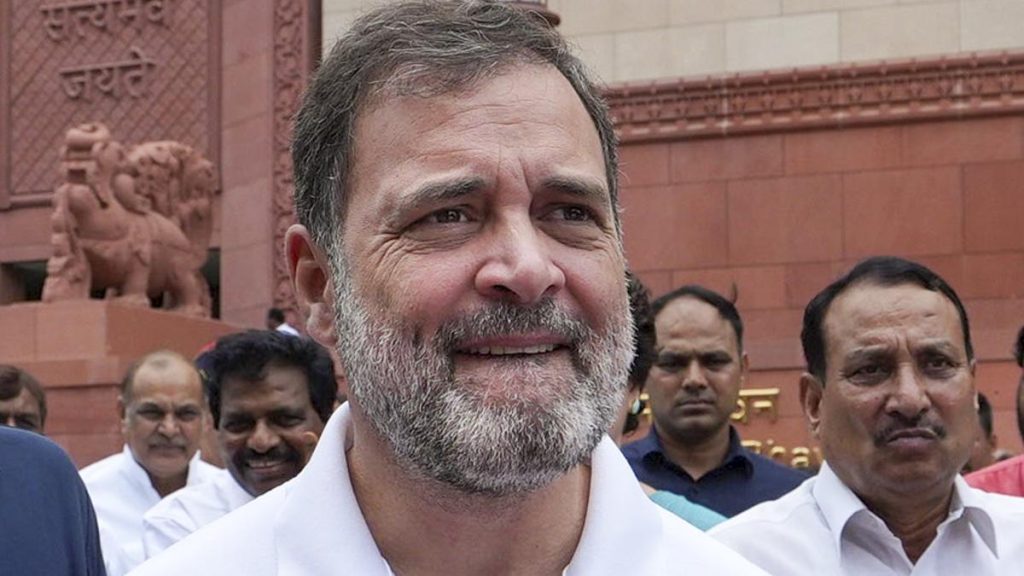Now Reading: Vikas Barala Removed as Law Officer in Haryana AG’s Office: Sources
-
01
Vikas Barala Removed as Law Officer in Haryana AG’s Office: Sources
Vikas Barala Removed as Law Officer in Haryana AG’s Office: Sources

Quick Summary:
- Vikas Barala’s Appointment: Vikas Barala, son of BJP MP Subhash Barala and accused in a stalking case from 2017, was appointed as Assistant Advocate general in Haryana, but did not join teh post. His name has now been dropped from the list of appointees.
- Stalking Case Background: In 2017, Vikas and his friend were charged with following a woman’s car and attempting to block her way. They faced charges under IPC sections for stalking (354d),wrongful restraint (341),and attempted kidnapping (365 read with 511). The trial is ongoing in Chandigarh court.
- Recruitment Process: Haryana advertised for 100 law officer positions in January 2025. A selection committee was formed under the Haryana Law Officers Act, 2016 to finalize appointments. This included roles such as advocate generals at varying seniority levels.
- AG’s Comments on Merit: Haryana advocate General Pravindra Singh Chauhan stated that all selected law officers were chosen based on merit irrespective of political connections or surnames.
- Public Criticism: the complainant in the stalking case criticized Vikas’ appointment via social media without naming him directly,questioning its ethical implications.
Link: Read more
Indian Opinion Analysis:
The controversy surrounding Vikas Barala’s appointment highlights broader concerns about ethics in public service recruitment processes.While officials cite merit-based selections as the guiding principle, familial connections to political figures can intensify public scrutiny over potential biases or favoritism-a sentiment evident through criticism by stakeholders such as the complainant.Legally speaking, though an individual remains innocent until proven guilty under trial proceedings like those against Vikas Barala, high-profile cases frequently enough draw attention to accountability within governance systems when linked parties assume positions of influence. Policymakers may want to examine more obvious procedures for appointments involving individuals facing unresolved legal cases to ensure trust remains intact among citizens.
Haryana’s decision to drop his name due to non-participation averts immediate unrest but raises important dialog around standards expected from public institutions entrusted with serving justice impartially amidst political landscapes.
Link: Read more

























